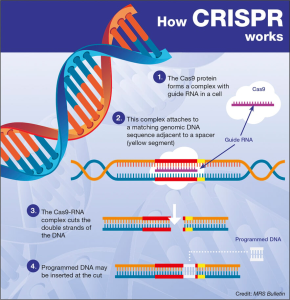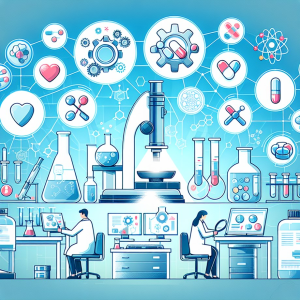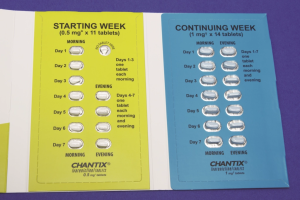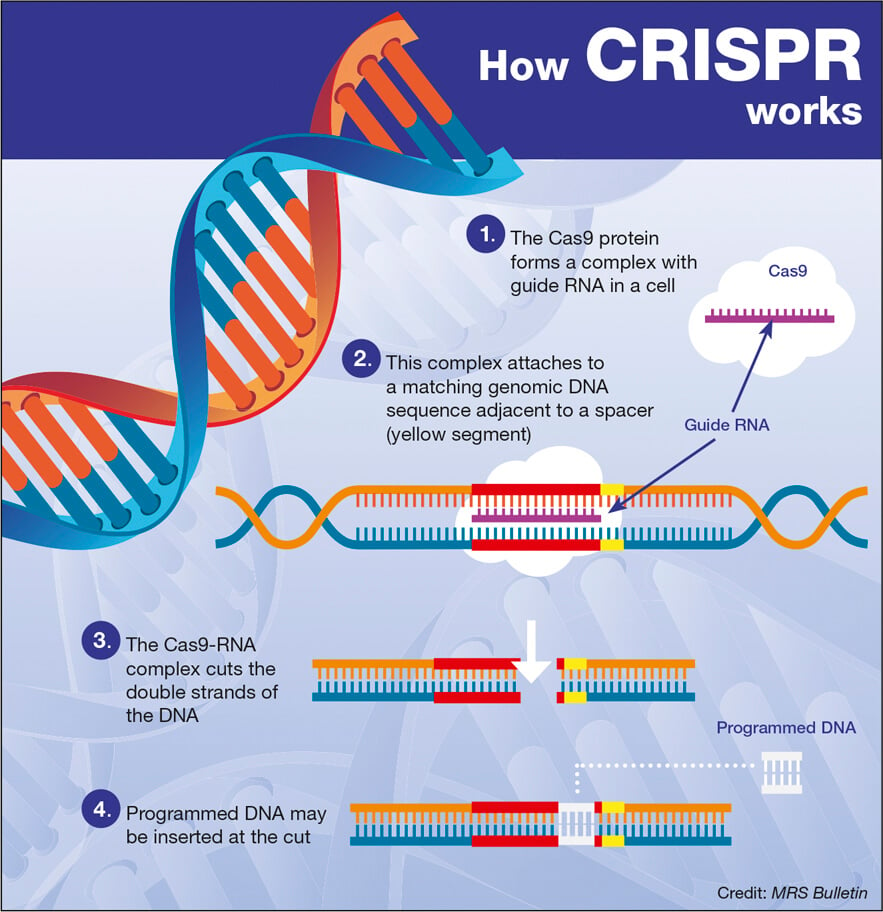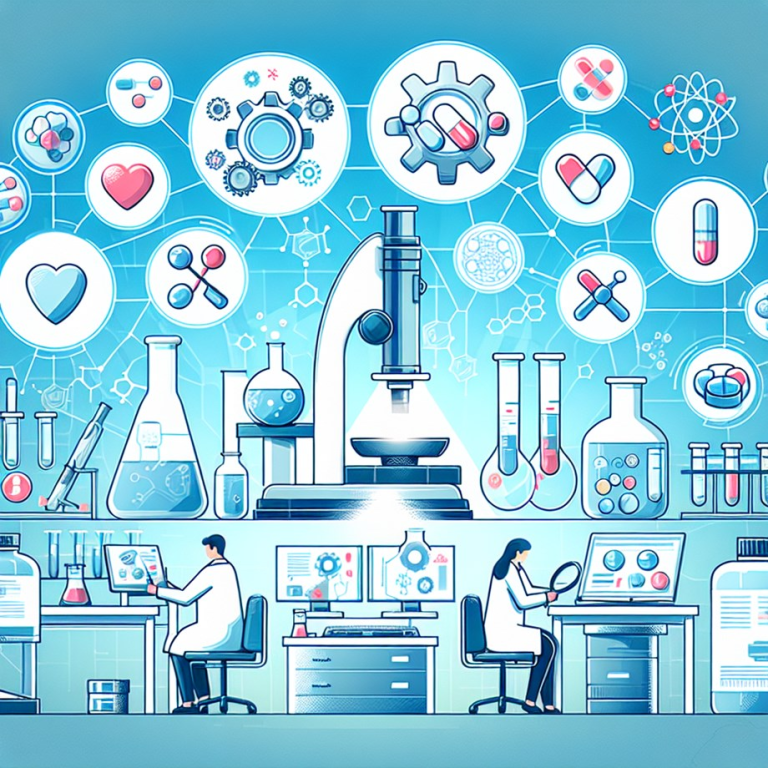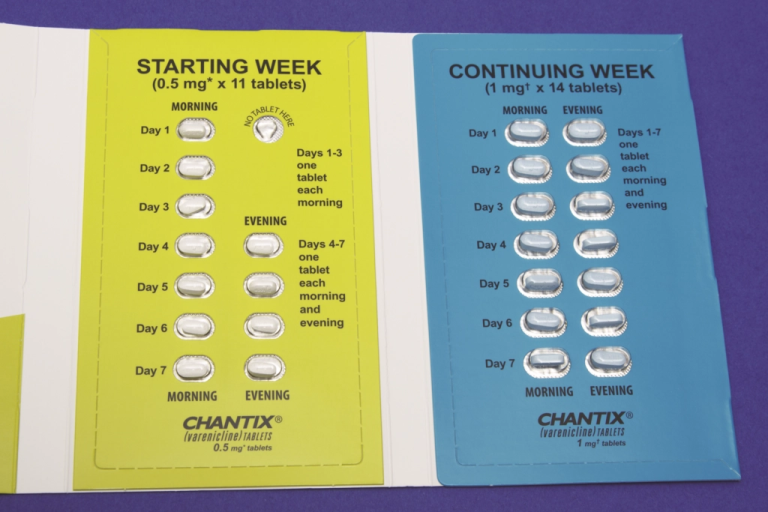CRISPR gene editing stands at the forefront of revolutionary gene editing technology, promising life-altering treatments for genetic disorders such as sickle cell disease. Utilizing this powerful tool, researchers can precisely alter genetic sequences, offering hope for cures and enhanced health outcomes. However, the ethics of gene editing raise profound questions about the implications of modifying human genomes. Critics ponder the long-term consequences of such interventions, particularly regarding healthcare access equity and whether the benefits of breakthroughs, like the sickle cell cure, will be available to all. As we navigate the complexities of CRISPR ethical implications, it becomes essential to balance innovation with a careful consideration of the societal impacts of these powerful advancements.
The field of genetic modification, particularly known as CRISPR gene technology, has ushered in a new era of possibilities for treating inherited disorders. This ground-breaking approach allows scientists to make targeted alterations to DNA, leading to discussions about the responsibility that comes with such capabilities. While the ability to rectify genetic anomalies and potentially eliminate diseases garners excitement, it also raises ethical concerns surrounding the manipulation of human life. Topics such as the moral responsibilities tied to gene editing and the implications for healthcare disparities are gaining traction in public discourse. With the advent of CRISPR, the conversation around genetic intervention is transforming, urging us to reflect on the broader consequences of our technological advancements.
Understanding CRISPR Gene Editing Technology
CRISPR gene editing technology has revolutionized the way scientists approach genetic disorders. This powerful tool allows for precise modifications to DNA, enabling the removal of mutated genes and the introduction of beneficial sequences. The manipulation of both somatic and germline cells through CRISPR means that not only can we target existing conditions, such as sickle cell disease, but we can also prevent hereditary genetic disorders in future generations. With advancements in gene editing, the prospects for treatment have expanded exponentially, providing hope to countless families.
However, as with any powerful technology, CRISPR gene editing raises significant ethical questions. The potential to eliminate diseases must be balanced with concerns over what it means to edit human life. This discussion encompasses a range of perspectives, from the need for regulatory oversight to prevent misuse, to worries about the implications of genetic enhancements. As the technology evolves, researchers and ethicists alike must address these concerns to ensure equitable access and responsible use of gene editing advancements.
Frequently Asked Questions
What ethical implications surround CRISPR gene editing?
CRISPR gene editing raises significant ethical implications, including concerns about the potential for eugenics, alteration of human traits, and the impact on future generations. Experts like Neal Baer emphasize the need to consider the responsibilities associated with gene editing as it may allow parents to choose certain traits for their children, which could lead to societal divides and ethical dilemmas regarding what constitutes ‘normal’ human variation.
How effective is CRISPR in providing a cure for sickle cell disease?
CRISPR gene editing technology has proven highly effective in curing sickle cell disease by removing the defective genes responsible for the condition. This somatic gene editing approach allows for the successful treatment of individuals, reopening discussions about CRISPR’s capabilities in combating genetic disorders.
What does healthcare access equity mean in the context of CRISPR gene editing?
Healthcare access equity in the context of CRISPR gene editing refers to the fairness of access to advanced medical treatments, such as CRISPR-based therapies. Given the high cost of gene editing solutions (e.g., the sickle cell cure costing approximately $2.2 million), it raises questions about who can afford such treatments and whether equitable access will be available globally.
What are the risks of unintended consequences in CRISPR gene editing?
Risks of unintended consequences in CRISPR gene editing include the potential for off-target mutations or unforeseen interactions within the genome. As noted by experts, altering long-evolved genes can have complex effects on biological processes, thus requiring cautious consideration and thorough research to avoid detrimental outcomes.
Should CRISPR be used for non-life-threatening conditions?
The use of CRISPR gene editing for non-life-threatening conditions, like Down syndrome, is a contentious ethical debate. Some experts caution against proceeding without thorough ethical discussions and guidelines, as the implications of editing traits linked to sociocultural identities can profoundly affect societal values and perceptions of health.
What is the significance of oversight in CRISPR gene editing?
Oversight in CRISPR gene editing is crucial to ensure ethical usage and prevent misuse, especially in countries with less stringent regulations. Without proper governance, there are risks of unethical applications, such as creating genetically modified organisms or individuals without sufficient ethical considerations, raising global concerns about gene editing technologies.
| Key Points | Details |
|---|---|
| Introduction to CRISPR | CRISPR is a gene-editing technology that has the potential to cure genetic diseases such as sickle cell anemia. |
| Ethical Considerations | Debate on whether we should alter genetic conditions that are not necessarily life-threatening, such as Down syndrome. |
| Economic Implications | The cost of CRISPR treatments, like the sickle cell cure, is around $2.2 million, raising questions about healthcare access. |
| Social Justice Issues | Innovation in genetic editing may widen the gap between the wealthy and the disadvantaged. |
| End-User Responsibility | The question of parental choice in modifying their children’s genetics raises ethical dilemmas. |
| Regulatory Oversight | Concerns about the lack of oversight on gene editing practices in countries where regulations are lenient. |
| Unintended Consequences | Modifying genes could have unexpected outcomes due to the complex interactions within biological systems. |
Summary
CRISPR gene editing represents a revolutionary advancement in science with the potential to cure various genetic diseases. However, it also brings forth significant ethical, socioeconomic, and oversight concerns. The discussions surrounding CRISPR emphasize the need for a careful balancing act between the promise of curing diseases and the potential risks of altering human genetics. It challenges us to think about the implications of such power and to navigate the moral landscape sensitively, ensuring that advancements in gene editing benefit all of humanity equitably.
